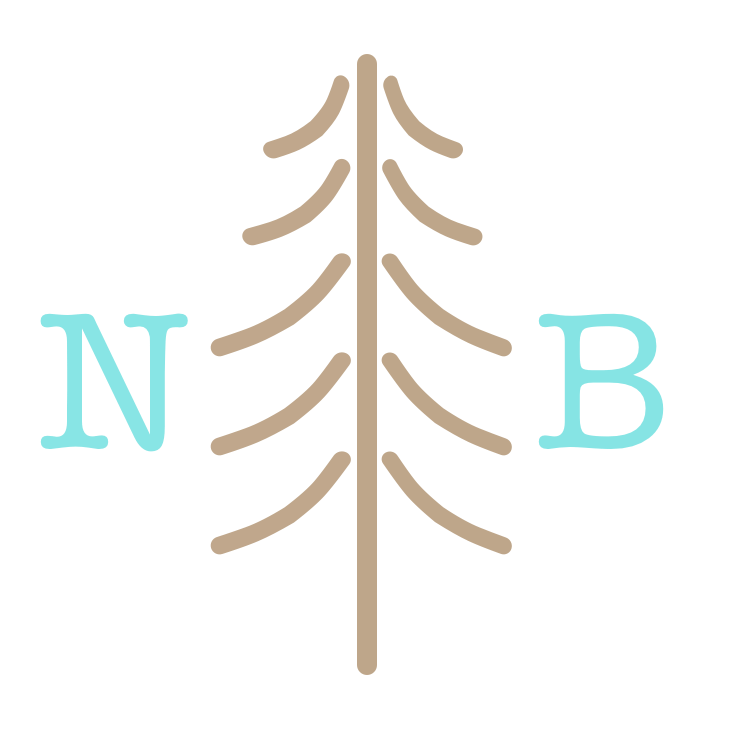
Work Ready Africa
Research Goal
Work Ready Africa (WRA) is a Sierra Leone based company that offers career-readiness training to recent graduates in Africa. The goal is to help increase these graduates’ chances of securing and maintaining a fulfilling and well-paying job, which can be hard to come by in this region. Specifically, according to WRA’s data, there are high levels of unemployment and professional skills gaps among African young adults. This occurs regardless of whether or not they have an undergraduate degree.
WRA would like to gain a clearer understanding of:
a) Graduate needs (ie learning-styles and professional skills gaps)
b) Employer needs (ie desired skills and pain points with entry level employees)
c) Creating a Learning Management Software (LMS) system to enhance the online learning program
WRA’s Mission Statement:
WRA is working to empower African recent graduates to have access to and retain fulfilling jobs. This is done by giving them career training and hands-on experience, therefore also working to alleviate the high unemployment rate in Sierra Leone and Nigeria with the hope to continue expanding its program across the continent.
My Role
Understanding of product vision, target users, user needs and pain points
Provided UX Research via screener survey, data collection and analysis, user interviews of target users in Africa, synthesis, presentation of findings
UX Design (w/ Design Thinking and Innovation/Content Strategy), ideation, UI recommendations.
UI/UX Design consultation and modifications
improved WRA customer growth for the upcoming cohort by 25%
These modifications also increased user satisfaction rates for the program by 20% (ie all three target user groups: students, employers, and facilitators)
Facilitated research, ideation, competitive analysis, demonstration of other Learning Management Systems (LMS), and assistance with building of V1 LMS for WRA
Final WRA team meeting with me, Christine Sesay, and Earnest Omoleme.
Key research questions and areas:
1. What are the current professional skills gaps that are lacking according to users, (ie recent graduates, current WRA fellows, and employers)?
2. Observe and understand users’ current bootcamp, job-hunting, and employment processes.
3. Identify needs and opportunities to inform the LMS product design strategy.
Provisional Personas
Demographics
Target users: African recent university graduates, employers, and WRA facilitators
Location: Sierra Leone, Nigeria
Gender: 50/50
Age spread: 64.8% of graduates 23-27, varied ages for rest of participants
Learning Devices: Computer, tablet, smartphone, textbooks
WRA Fellow Employment Status: 66.3% Unemployed/Job-hunting
Methodology
5-week UX Research and Design process to assess the effectiveness of current WRA teaching platform (Google Classroom and Drive) before reworking the program into an updated LMS system.
Study participants were located primarily in Sierra Leone and Nigeria, where WRA programs are currently based.
Phase 1: Conduct user surveys with target demographic; Collect data and analyze results
Phase 2: 30-60 minute contextual user interviews with 6 users (2 WRA students, 2 employers, 2 facilitators/staff)
Phase 3: Extract interview information and synthesize key insights; present findings
Phase 4: Offer LMS program building recommendations based off of user research findings; UX/UI Design recommendations for WRA website
Industry Analysis
Competitive analysis of other LMS programs was conducted to compare and contrast elements with WRA’s current teaching platform as well as its new in-progress LMS platform. (I even demonstrated features from my own former UX bootcamp, Springboard, as an example of a great LMS system. Very meta.)
Qualitative Survey
Gauge user emotions and feedback toward current WRA program using Google Forms. from students, employers, and facilitators. Discover user needs and pain points toward employment in Sierra Leone and Nigeria.
“What is your main motivation for taking or thinking about taking the WRA bootcamp?”
“To add more value to myself.”
“The Work Ready Africa Bootcamp provides graduates with the necessary skills to equip them for a professional career.”
“To be fully prepared to face the challenging corporate world.”
“Transformation and the changes I intend to bring on society.”
“…the course was effective and very interesting, the director and facilitator had good presentations and the topics were very important for career development.”
Data Collection and Analysis
User Interviews
I interviewed 6 users (students, employers, and facilitators) to gain anecdotal evidence of their needs, pain points, and experiences within and outside of the Work Ready Africa program. My goal was to discover a deeper understanding from the user’s perspective without potential bias from purely the perspective of the business.
From these interviews, I was able to hear the sometimes passionate testimonials, both positive and negative, of users’ experiences regarding the Work Ready Africa platform, job-hunting in an economy that does not have much entry-level support, the hiring (or lack thereof) of recent WRA graduates, and more. These emotions were oftentimes additionally charged by the relevant COVID-19 economic crisis.
Overall, the users had positive feedback for the current WRA program with some additional suggestions for how it can continue to improve.
User Validations
Affinity Map
Recording all observations, I created an affinity map to visualize user concerns and needs and extract the key insights.
Positive Insights
High quality course content
Core modules are helpful for the workforce as validated by both employers and students
WRA appears to actually incorporate feedback to better its programs
Better that it is online now vs. in-person as it is more accessible to students in more farther locations
Constructive Feedback
Students:
Avoid promising a well-paying job after graduation from WRA. Instead, promise tools and support to help you find a well-paying job.”
Encourage employers to hire interns or entry-level employees
Having limited internet connection or access to a computer can make the learning experience much more difficult
Employers:
“Sometimes the WRA interns/fellows still lack some necessary skills that we are looking for, so for the sake of our company, it is not always the best business move to hire them.”
Facilitators:
“The program needs to slow down. It tends to be too much content too fast, especially if we are only given two hours a day to teach.”
The high level learning material can sometimes be overwhelming for certain students who have less experience
Additionally, all three types of users (students, employers, and facilitators) all mentioned that the transition to online vs. in-person learning, especially during COVID, has been a difficult and slow process
For instance, when WRA students were asked, “Do you have consistent access to a computer?”, 43.1% either said “No” or “Sometimes”.
Additionally, when asked, “If you have access to it, how reliable is your internet connection?”, 41.1% of students responded, “I have access to the internet, but my connection is not very reliable,” while 9.5% responded, “I do not have access to reliable internet connection.”
*This data made me really question how students (and facilitators) were reasonably able to participate in or teach the course?
Overall Themes and Opportunities
Promise skills and support rather than a job to reduce disappointment and dependence on the program.
Have greater technical support, (ie demonstration videos for how to use the LMS platform, internet connection support, greater access to learning materials, etc.)
Ensure every student is understanding the learning material in order to get hired and retain a satisfactory job.
Manage expectations better regarding:
Employers:
Have them sign a contract to stick to their word to take on a WRA intern
Consider providing a livable wage when offering a job
Students: (Required during and after the course)
Large time commitment
Diligent level of effort
Independent job hunting rather than WRA providing a job offer
Professionalism
Facilitators:
consistent access to internet
annual teaching certification required to ensure high quality facilitation
Outcomes and Learnings
This was such an impactful experience for me. Not only was I grateful and thrilled to work with a population that is way outside my regular realm of research, it was also an opportunity to work in social impact which I am very passionate about.
Through this experience, I continued to learn how to reduce my implicit bias. Specifically, taking myself out of the biased point of view of essentially being a staff person after working so closely with WRA’s founders, and empathizing with the students, employers, and facilitators.
Some of these users had deeply emotional stories regarding their experiences as it deals with the cycle of unemployment and poverty, feeling unheard as a young person, or business struggles coming from employers.
I am grateful to these users for sharing their stories with me, and for their desire to help me to improve the program. Through my UX Research and Design and the user’s testimonies, I was then able to support Work Ready Africa’s mission to help its young people, and therefore to help support Sierra Leone and Nigeria’s development.
Next Step: Implementation of New LMS System
WRA currently has 90 students in its combined Sierra Leone cohorts and 95 students in its Nigerian cohorts. It is finishing up the final rounds of teaching using the Google Classroom system.
Once the new LMS prototype that we started is finished using my UX Research and Design recommendations, the upcoming September cohorts in Sierra Leone and Nigeria will be the pilot test group to try it out.





















